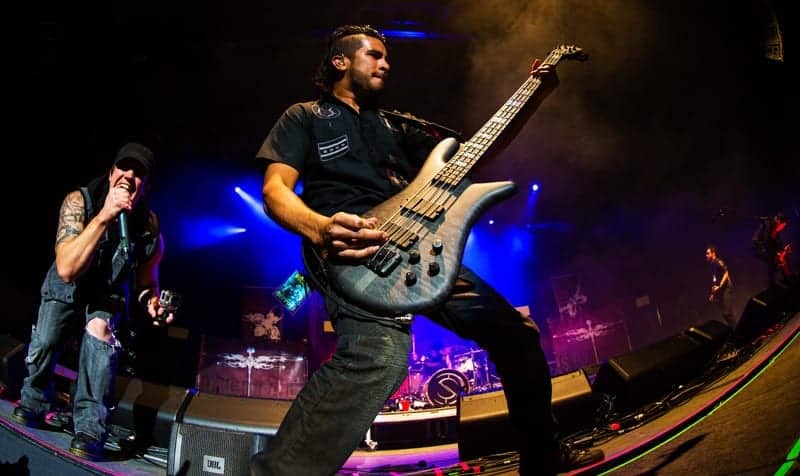A new Trudeau

![[3A] - A new Trudeau](http://www.carillonregina.com/wp-content/uploads/2012/10/3A-A-new-Trudeau.jpg) Justin might not be his father, but he might be what the Liberal Party needs right now
Justin might not be his father, but he might be what the Liberal Party needs right now
Justin Trudeau, earlier this month, announced his bid for the leadership of the Liberal Party. Obviously, as the son of the very prominent former Prime Minister Pierre Trudeau, this has generated news nation-wide, and his announcement could have some implications.
Firstly, he has an unmatched appeal amongst the other candidates for the leadership. If one asks those who were discussing his announcement if they knew any other candidates, most didn’t know any other names in the race yet. While this instant name recognition might be useful, it could be dangerous. Many voters may jump on the Trudeau bandwagon simply because of this quality, without looking into his policy or the man himself.
Furthermore, some of his statements during his announcement make him sound like he has already won the race for the leadership. He said at his announcement, “the time has come to write a new chapter in the history of the Liberal Party… Here, tonight, a new movement begins.” From this statement, it sounds like the outcome of this race is already decided.
A second implication is that his leadership would significantly affect the Canadian political map. If he becomes the leader, he could potentially split the left vote further between the Liberals and the New Democrats, which ultimately helps the Conservatives. Whether this is something Trudeau means to do, there is potential for serious ramifications.
Yet despite these potential drawbacks, he is exactly what the Liberal Party needs: new life. The Liberal Party needs a new but also familiar face to contrast with Michael Ignatieff. Trudeau is a new face, because he has a much different appeal than Ignatieff, but he also is familiar. He isn’t just visiting, for he has been with the Liberals for a number of years now, not specifically looking to take the leadership job. His potential is astounding, something Ignatieff and Dion didn’t come close to.
But the same qualities that help him may come to hinder him; for example, when he called Peter Kent a “piece of shit” over a relatively insignificant political issue in the House of Commons. This type of anger and off-the-cuff response contrasts sharply with Harper’s calmer public approach, and must be quelled if he wishes to be taken seriously.
Also, imagine, the emotions that a Prime Minister might have to deal with every question period, or with certain domestic crises,. How would a young Justin Trudeau respond to the October Crisis that his father faced? Insults and reactions like the one he had towards Kent may make him seem unable to calmly approach various events.
Furthermore, if he does take the office of the Prime Minister, his appeal and youthfulness might be drained out of him. He will be subject to the stress of the job. Notice, for example, the difference in his father before his Prime Ministership, and in interviews in the 1980s.
Yet, this is not to take away from him as a person or politician. He has many great qualities, and is not merely in politics for the fame. He seems genuine when he says that he wants to help Canadians. This is shown by simple facts like how he joined politics young as an MP, and didn’t pursue other paths like those before him. As he says himself, “I’m in love with Canada, and I want to put my life in its service.”
Michael Chmielewski
Contributor









